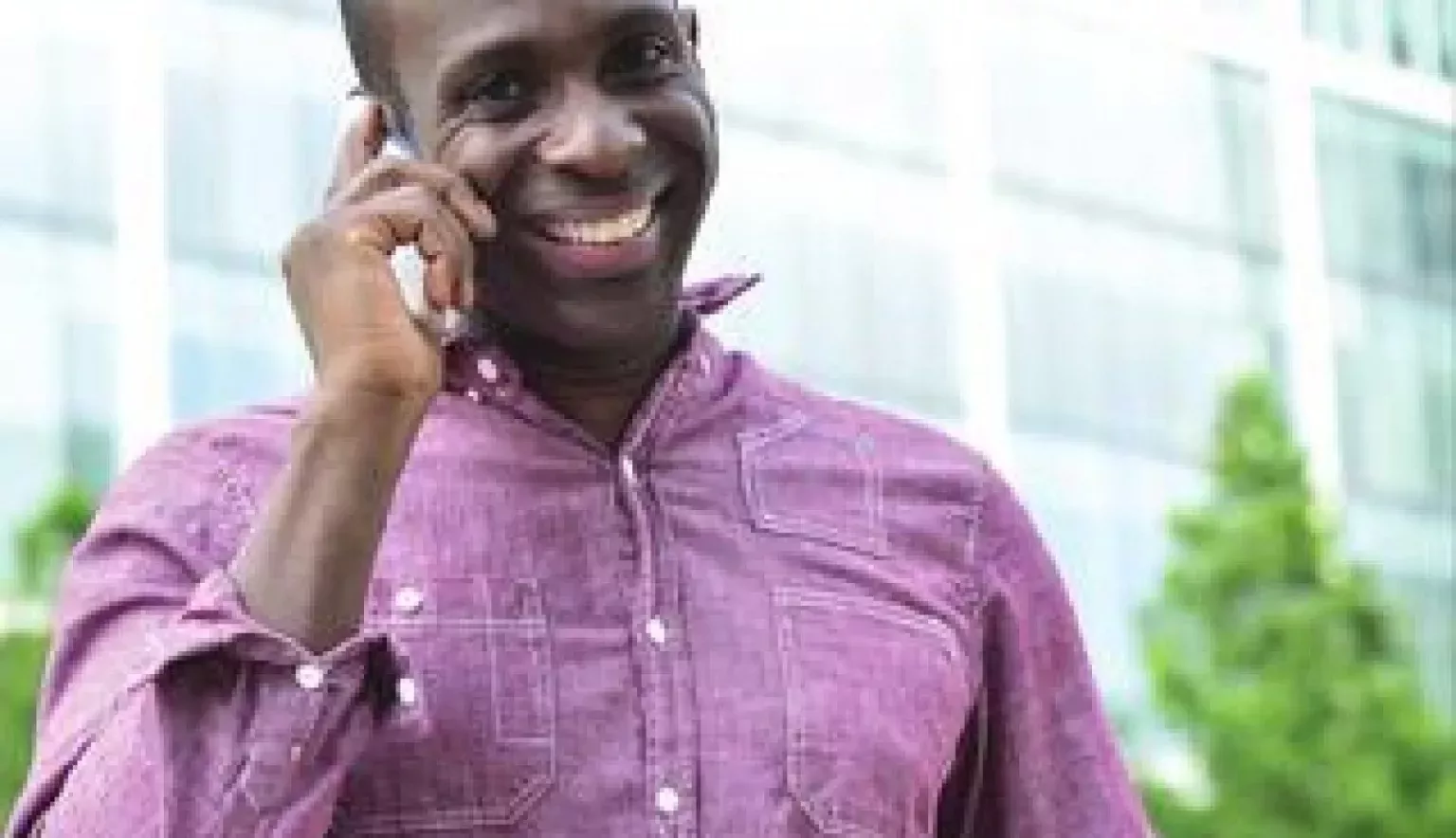Safaricom is one of the leading integrated communications companies in Africa with over 17 million subscribers, as well as sponsoring concerts, sporting events and not to mention the Safaricom Foundation which is ten years old this year. It is also expanding into financial services to aid financial inclusion and when you’re already the biggest mobile network operator in Kenya, there’s only one way to grow: outwards. Safaricom CEO Bob Collymore tells us more.
- Q&A WITH SAFARICOM
- Give me a brief introduction to Safaricom?
- How is that ownership structure advantageous?
- Your position in the market is a strong one – 66 percent market share. Can you tell us how you got to that incredible position?
- What would you say is Safaricom’s unique selling point?
- What are the biggest challenges Safaricom has faced?
- Getting the right people is vital in any business so how do you make sure you employ the best staff?
- Can you tell us more about the Safaricom Foundation?
- Safaricom is investing a massive $280 million in the network – can you tell us more about that?
- What else has your company got planned for the future?
Q&A WITH SAFARICOM
Give me a brief introduction to Safaricom?
Safaricom started off as a department of Kenya Posts & Telecommunications Corporation, the former monopoly operator, which was a government parastatal. Safaricom Limited was officially launched in October 2000 and was converted into a public company with limited liability. Vodafone plc held 40 percent of the company’s share. By virtue of the 60 percent shareholding held by the Government of Kenya (GoK), Safaricom was a state corporation. Until 20 December 2007, the GoK shares were held by Telkom Kenya Limited (“TKL”), which was a state corporation. Following the offer and sale of 25 percent of the issued shares in Safaricom held by the GoK to the public in March 2008, the GoK ceased to have a controlling interest in Safaricom.
How is that ownership structure advantageous?
Through the partnership with Vodafone we have access to best in class processes, practices and technology. We also benefit from economies of scale enjoyed by Vodafone group of companies.
Your position in the market is a strong one – 66 percent market share. Can you tell us how you got to that incredible position?
There are several reasons: extensive network coverage, low denomination vouchers targeting the mass market, per second billing, robust and extensive distribution network, affordable prices and innovation.
What would you say is Safaricom’s unique selling point?
We focus on transforming lives and offering products and services that make a difference to the lives of our customers, these products and services have in turn made us very successful.
What are the biggest challenges Safaricom has faced?
Keeping up with the regulatory changes which treat us like a monopoly due to our high share of market anddisruptive pricing wars from our competitors which has eroded the value especially for voice calls.
Getting the right people is vital in any business so how do you make sure you employ the best staff?
We provide a great place to work and grow, where both individual accomplishments and team effort are rewarded. We provide opportunities for personal empowerment and career growth in an atmosphere of trust, honesty and openness.
Can you tell us more about the Safaricom Foundation?
It’s the charitable arm of Safaricom Limited founded in 2003. It’s celebrating ten years since inception and has strategic partnerships with more than 500 institutions, community organisations and NGOs, and has implemented more than 700 community projects countrywide. The foundation has a broad mandate and participates in community development projects in the areas of health, education, economic empowerment, environmental conservation, and water and disaster relief. Its emphasis is not on the amounts disbursed, and has invested Kshs 1.8 billion through these projects and partnerships.
Safaricom is investing a massive $280 million in the network – can you tell us more about that?
It’s all about network quality and delivering the best network by maintaining and enhancing network quality. The modernisation of our legacy radio network equipment is necessary to improve voice call quality, decrease the number of dropped calls, reduce congestion and enhance data performance. All services offered by Safaricom are provided through different network infrastructures and network quality is an essential aspect of our business and fundamental to our ability to deliver a satisfactory service to our customers. Improving on our network reliability, availability and capacity will also include increasing the population coverage of our 2G and 3G networks, completing network modernisation in six key cities and the roll-out of fibre to at least 40 percent of sites in Nairobi with particular focus on the Central Business District area in the next year.
What else has your company got planned for the future?
Innovation is central to achieving our strategic objectives, retaining our competitive edge and ensuring that we continue to grow. While innovation encompasses our processes and procedures, our focus is on developing transformational products and services. Our innovations are social (directly improving the lives of Kenyans), financial (providing formal financial services to the unbanked) and/or revenue. With the “Best Network in Kenya” initiative we will continue to democratise data through faster speeds, value based pricing of data, lower priced 3G smartphones, improved customer experience and providing an enabling environment for developers to provide relevant local content. M-PESA will be the driver for deepening financial inclusion through expanding our distribution network and with it accessibility; reducing system downtimes substantially and growing retail and e-commerce payments. We also aim at ensuring geographical system redundancy for M-PESA, and have begun the 18-month programme to locate a new M-PESA system in Kenya. We are helping to deepen financial inclusion not only through developing transformative financial inclusion solutions.






























